Food Allergies in Babies
What is Food Allergy?
Food Allergy is bad reaction of baby’s immune system to usually harmless proteins in food. In case your baby has food allergy symptoms will appear in just a few minutes after having the food.
Are food Allergies Inherited?
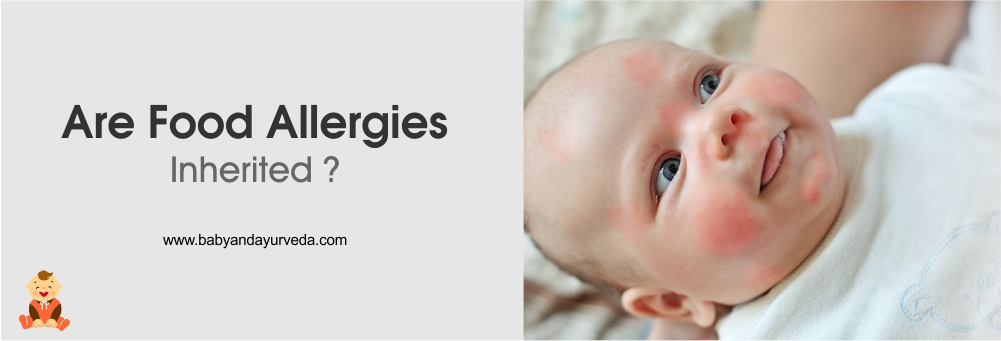
Your baby may inherit the tendency to have allergies but not necessarily a specific allergy. For Example, if you have pet allergies, food allergy, or hay fever, your little one has 50% chances to have some sort of allergy but it is not necessary that he will be having the same one. When both the parents have food allergies then the probability of having allergies raises to 75%.
A must know aspect about food allergy, it can happen at any age. A child with food allergy is two to four more likely to have other allergies and related conditions as compared to kids who don’t have allergies.
How common are food allergies in babies?
Food allergies are commonly seen in babies and young children. 8% of children under the age of three years are estimated to have food allergies.
Which foods cause most of Allergies?
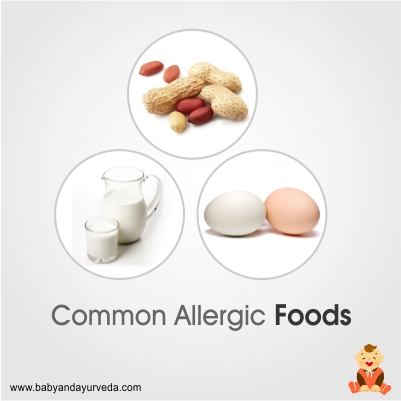 The most common foods causing allergies in babies are Milk, Eggs, Peanuts and Tree Nuts such as Almonds, Walnuts and Hazelnuts.
The most common foods causing allergies in babies are Milk, Eggs, Peanuts and Tree Nuts such as Almonds, Walnuts and Hazelnuts.
Here are the Statistics:
1- Peanuts: almost 2% of Children
2- Milk: in 1.6 to 7 percent of Babies
3- Eggs: up to 2% of Children (below three years)
What are the Symptoms of Food Allergy in Babies?
It is very east to recognize food allergy in Children. The Sign & Symptoms you should look out for includes: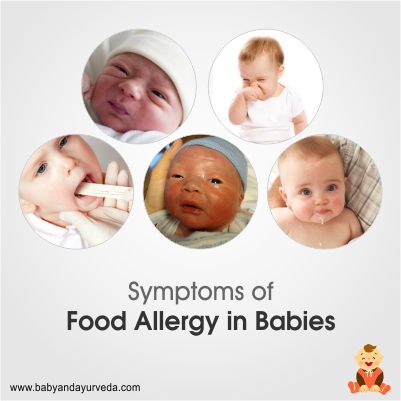
- Mild Swelling on Eyes, Lips & Face.
- Blocked or Runny Nose, Watery Eyes & Sneezing.
- Irritated throat & Itchy Mouth.
- Hives around the Mouth, Eyes, Nose, which ultimately spread throughout the Body.
- Nausea, Vomiting & Diarrhea.
Severe Reactions Includes:
- Wheezing
- Difficulty in Breathing
- Tongue & Throat Swelling
- Sudden drop in Blood Pressure
- Anaphylactic Shock or Anaphylaxis – can be Life Threatening
Fortunately, Severe Food allergies are rare but remember in case of any such Symptom, visit your Pediatrician immediately.
What in case Food Allergy is not immediate?
Delayed allergic reaction in baby is also known as non IgE mediated allergies or delayed Onset Allergies. The unfortunate thing about delayed Allergies is that it is hard to spot. Here baby takes longer to react as different parts of immune system are affected.
Signs & Symptoms which you should look out for includes:
- Colic
- Reflux
- Constipation
- Diarrhea
- Mucus or Blood in your Child’s poo
- Moderate to severe Eczema (Common with milk allergy)
All these symptoms are common in early childhood.
How Can I Diagnose Child’s Food Allergy?
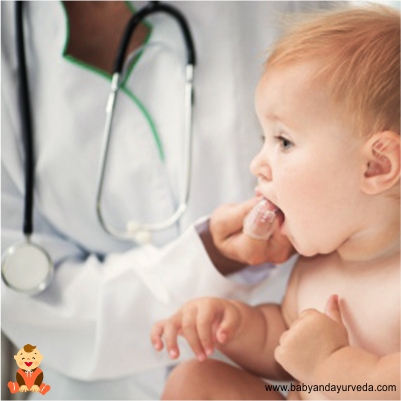 If you feel that your baby is allergic to food, see your Pediatrician or refer to an allergy clinic.
If you feel that your baby is allergic to food, see your Pediatrician or refer to an allergy clinic.
After taking the full history of your baby’s symptoms, your doctor will ask to go for Skin Prick test & Radioallergosorbent test (RSAT) to help with diagnosis. Your doctor may track the allergen down by the process of elimination. Dietician will help you to cut down various foods from your child’s meals. It is advised not to cut out foods from diet before dietician’s advice.
Dietician will review your child’s symptom, and slowly reintroduce the suspected allergen to his diet to check if the symptoms appear again. There might be another skin prick test before reintroducing the food.
Can I prevent My Child from developing Food Allergy?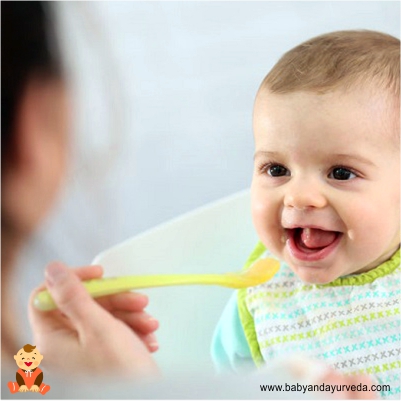
There is no evidence to suggest what should be eaten during pregnancy or while you are breastfeeding to prevent baby from developing allergy.It is still unclear, whether babies should be given trigger foods in order to build up resistance or to be protected from them.
The Department of Health recommends exclusive Breastfeeding for first 6 months might help to reduce the risk of developing allergies, although there is a little evidence for this also. After 6 months, it is suggested to introduce allergenic foods like egg, cow’s milk one by one. Then you will be able to judge that they are causing reaction or not.
If you don’t have peanut allergy, it is good to eat peanut during pregnancy & while breastfeeding. If there is a family history of allergies, or in case your baby has eczema, be cautious before giving peanut products. Discuss regarding this with your Pediatrician.
How Should I manage in case my Baby is Allergic to Foods?
When you come to know about your child’s food allergy, follow your Doctor’s or Dietician’s advice of avoiding trigger Foods like Eggs, Milk, Peanuts, Nuts etc.
Start avoiding foods an soon this will become a part of his nature but you need to be cautious regarding Holiday Plans, Food Shopping, Eating Out, Birthday Party and Day Outs ore carefully.
There is no need to bother much as soon he will develop habits and it will become a part of his nature.
For more Info, Click here
Food Allergies in Babies? If you have any query, doubt, please add in comments.
Tags: Baby Allergic Reaction To Eggs, Baby Allergic Reaction Treatment, Baby Allergic What To Do, Baby Food Allergy Diagnose Test, Early Expose To Allergic Foods, Food Allergies Common In Babies, Food Allergies In Babies, Food Allergies In Babies Breastfed, Food Allergies Inherited, Milk, Peanuts, Prevent Food Allergies In Babies, What Is Food Allergy, When Introduce Solid Food To Babies.
Category: Baby Food
March 27, 2017 · Baby and Ayurveda · 5 Comments
5 COMMENTS
Leave a Reply Cancel reply
Recent Posts
- How to Soothe a Baby after Vaccination?
- Which Nutritional needs are important to take during pregnancy?
- Things to know about Baby Safety Inside Home
- Why Should You Eat Chocolate in Pregnancy? Know the Reasons Here!
- A Precise Nutrition for Healthy Growth of School-Going Children
- Home Remedies that will Provide Your Child Enough Relief in Fever
Categories
About
Welcome to BabyandAyurveda.com – India Parenting Blog. We are here to help all the parents to raise healthier & happier babies and enjoy every chunk & bit of this beautiful phase called “Parenthood” blessed by Almighty.

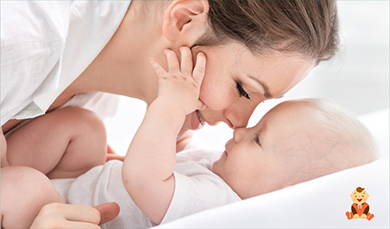
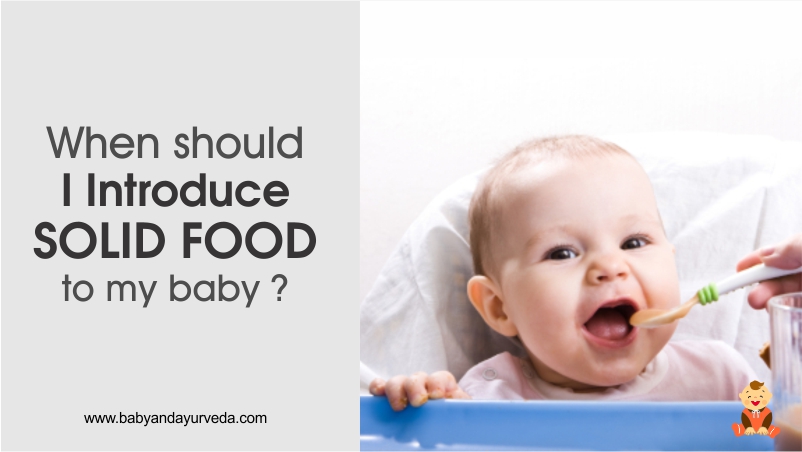
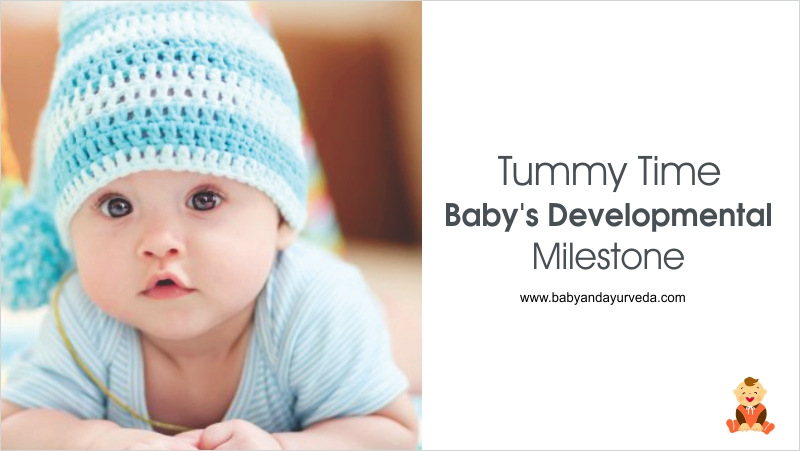
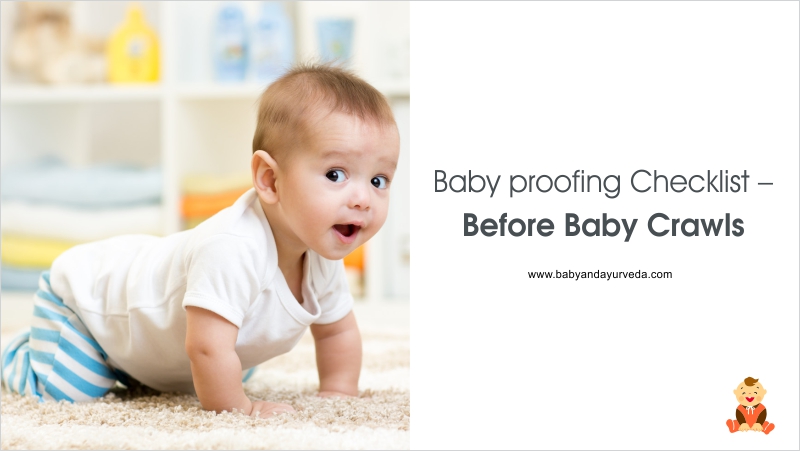
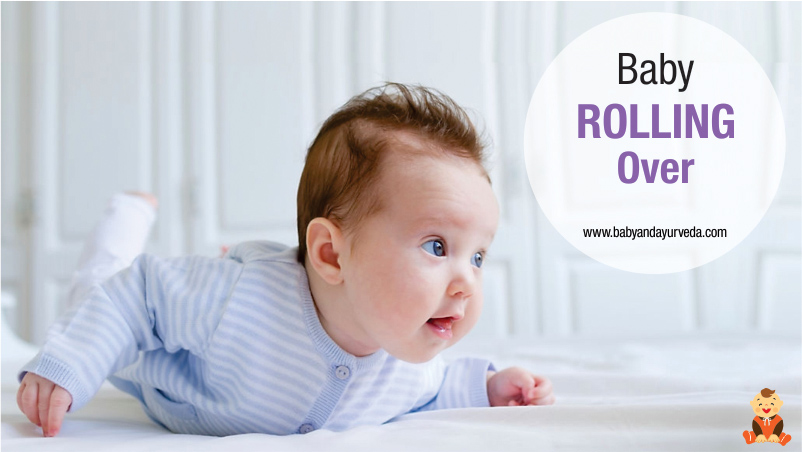
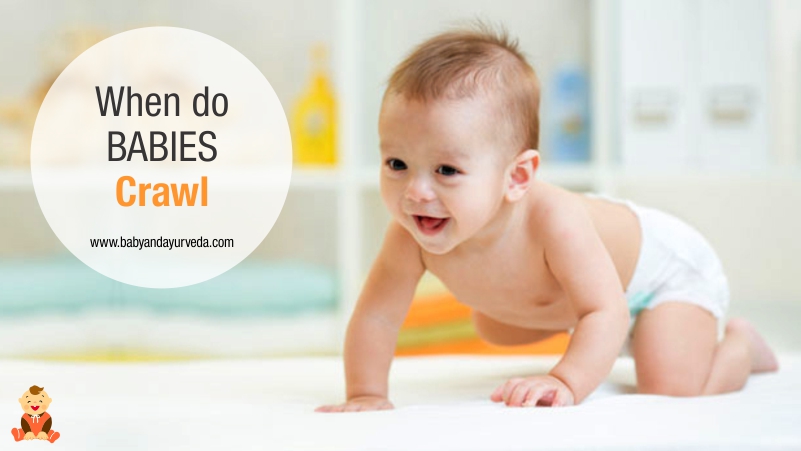
[…] for Soft-tipped plastic spoon for feeding baby to avoid gum injuries. Keep small amount of food on the tip of spoon and offer it to your baby. By […]
[…] oil can cause severe allergies, such as contact dermatitis, respiratory allergies, eczema etc. It is mainly experienced during or after the topical application of the oil. It’s […]
Hi! my baby is 4 month old and she is lactogen intolerance. Kindly suggest food for lactogen intolerance baby.
Nice article. Can I give orange juice to my baby.
Yes, You can give if your baby is of 6 months and older. Make sure to give fresh juice of seasonal fruits only.